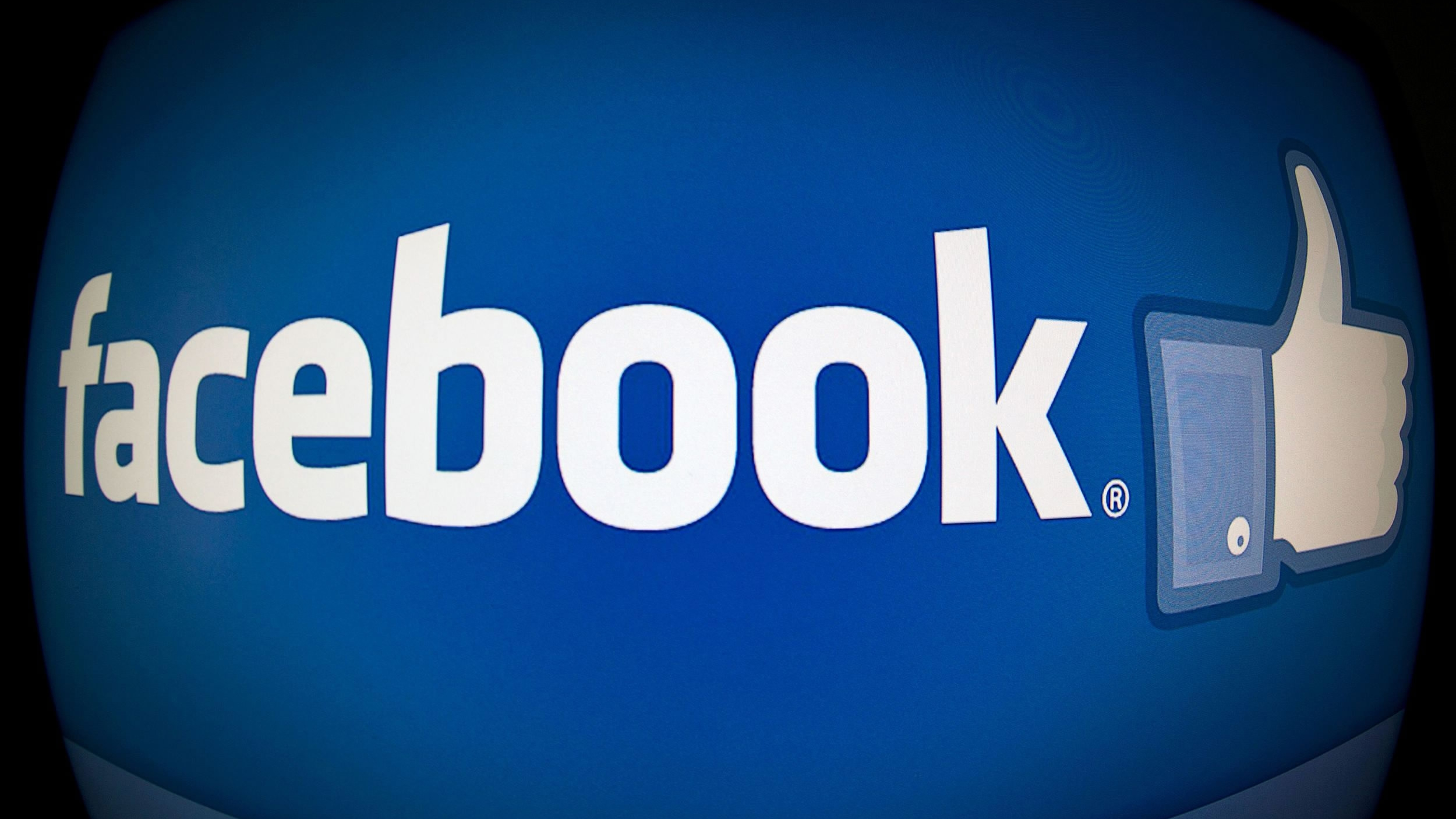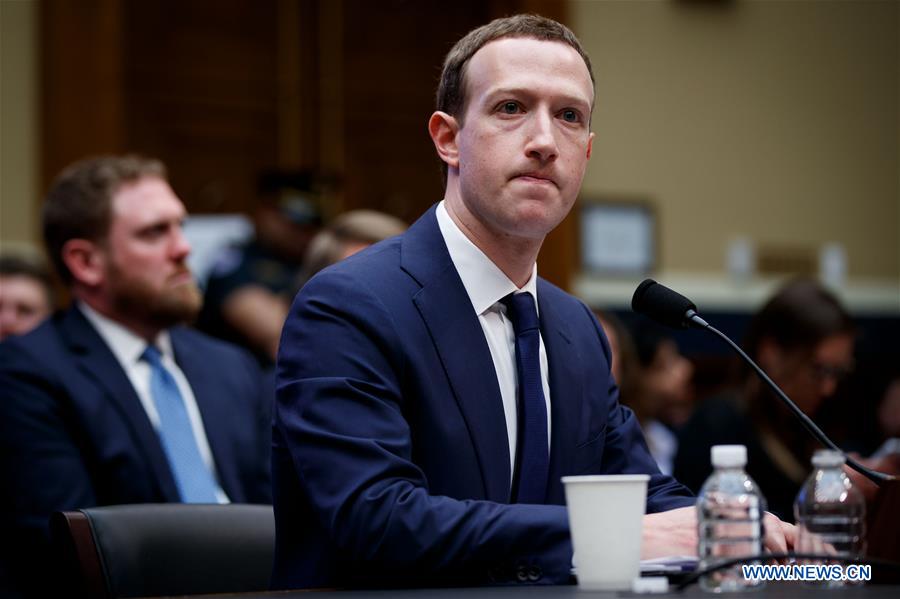
Editor's note: Andrew Korybko is a Moscow-based American political analyst. The article reflects the author's views and not necessarily those of CGTN.
The Joe Biden administration has recently ramped up its criticism of Facebook for supposedly facilitating the spread of COVID-19 disinformation that it claims is responsible for killing Americans. White House Press Secretary Jen Psaki was among the first to start the government's campaign against this social media platform, which was just followed up by U.S. President Joe Biden himself who dramatically said that "They're killing people" by not stopping the spread of disinformation on their site.
In response, Facebook's VP of Integrity Guy Rosen said that "The data shows that 85 percent of Facebook users in the U.S. have been or want to be vaccinated against COVID-19."
While Biden has tempered his assessment that social media platforms are "killing people" and said on Monday that he hoped they would not take it "personally" and instead would take actions to save lives, it seems that this battle is among the U.S. Government's (USG) attacks against social media.
Prior to this development, the USG accused Facebook of unwittingly being exploited by foreign intelligence agencies and their so-called assets to spread disinformation about political candidates which the authorities considered to be "meddling" in America's democracy. That, however, never remotely could have been considered a threat to people's lives, unlike the COVID-19 disinformation that the USG claims is circulating all across Facebook. The authorities want the social media company to do more to stop the spread of false information related to the virus and vaccines.
The crux of the problem, however, is that Facebook is a private company that isn't legally responsible for what its users post on that platform per the highly contentious Section 230 of the 1996 United States Communications Decency Act. Former U.S. President Donald Trump threatened to remove these protections on the basis that Facebook and other social media companies were de facto behaving as publishers, especially with regards to what he claimed was their partisan support of his political opponents and arbitrary "censorship" of his supporters. Interestingly, the Biden administration might be flirting with something similar.
According to its implied perspective, the spread of COVID-19 disinformation is very dangerous and might constitute an exception to the rule. That might be why Psaki revealed last week that "We're flagging problematic posts for Facebook that spread disinformation." Her disclosure immediately prompted criticism from many people who were concerned about the USG's alleged meddling in the affairs of that private company. Some regard it as an illegal overreach of the state's authority that might set the precedent for further involving itself in Facebook's editorial policies.

Facebook CEO Mark Zuckerberg testifies before the House Energy and Commerce Committee on Capitol Hill in Washington, D.C., U.S., April 11, 2018. /Xinhua
Facebook CEO Mark Zuckerberg testifies before the House Energy and Commerce Committee on Capitol Hill in Washington, D.C., U.S., April 11, 2018. /Xinhua
Whichever side of the debate one is on, everyone should at the very least be able to agree upon the three main issues at play. The first is whether Section 230 should continue to protect Facebook and other social media companies from being responsible for their users' posts.
If it does, then Facebook shouldn't be liable for whatever narratives anyone spreads on its platform even if it ultimately decides to restrict their usage or even ban them if they continue to violate community standards. If it doesn't, however, then the case can be made that the USG might have the right to step in and regulate certain content that's shared on that site.
Secondly, the next question is over what exactly constitutes COVID-19 disinformation. Is it the sharing of prior scientific studies warning about some of the rare side effects of vaccines? What about reminding everyone that the COVID-19 vaccines available are only experimental treatments, some of which have been described as gene therapy?
Or is it simply verifiably false conspiracy theories such as the claims that all COVID-19 vaccines are part of a so-called "depopulation agenda" and might even secretly include microchips? Most importantly, who defines COVID-19 disinformation and how do they enforce the rules if there are different definitions of this?
And finally, if it's decided that Section 230 shouldn't apply to social media companies like Facebook (whether in whole or only when it comes to whatever is defined as COVID-19 disinformation), then what other narratives on those platforms could also be subject to what critics describe as "censorship"? Once a Pandora's box is opened, it'll never be closed again.
There are credible fears that the opposition's responsibly articulated political narratives about sensitive subjects such as last year's contentious elections and foreign relations with Russia could also be "censored." Hopefully the answer to these pressing questions will be forthcoming.
(If you want to contribute and have specific expertise, please contact us at opinions@cgtn.com.)

